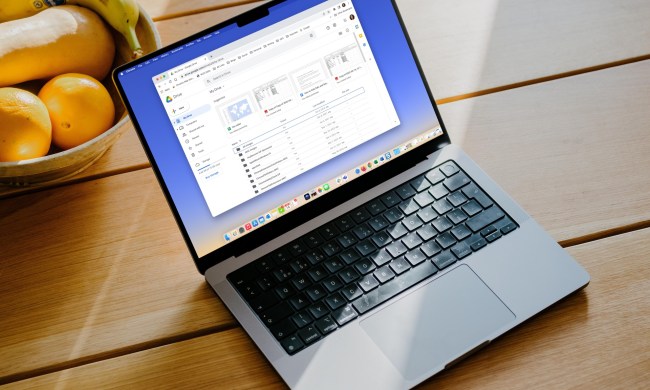
Many people have had their lives shaken by this turn of events. Sensitive private communications have leaked and employee records, including Social Security and bank account information, have made their way to the public. But this is hardly the first hack to have a broad impact. Earlier attacks against retailers like Target also leaked large volumes of consumer information. So many companies have suffered a loss of data that a paranoid person could easily find themselves wondering if any company can be trusted with your data.
But perhaps the issue is overblown. Target’s data breach, for example, has not resulted in the widespread fraud that some observers initially feared – at least so far as anyone can tell. With millions and millions of records leaked forming a clear story is difficult, at best.
So have you been affected by a corporate hack? Or have you weathered the recent cyber storms without issue?
Remember to not just vote, but also leave a comment telling us why you voted as you did. The results of the poll, and our pick for best comment, will be published with next week’s poll.
Last week’s your say: Do you use encryption?
Our previous poll focused on encryption and, specifically, whether or not our readers actually use it. A lot of security experts say some form of encryption is incredibly useful, but the extra steps it adds to using and sharing data can make it a hassle.
That hassle is more than most of you are willing to deal with, it appears. 48 percent of respondents to our poll said they don’t use any form of encryption. That of course means that 52 percent do use encryption, but only 23 percent care to encrypt both local and online files.
Those who do encrypt appear to be dedicated, however, and that includes our commenter of the week. DJ Bolger said “I have encryption activated on my Mac and phone.” We didn’t ask about phones in our poll, but certainly the latest features in the iPhone and some Android devices make it easier than ever before to encrypt on the go.
Image credit: Frank Peters/Shutterstock

